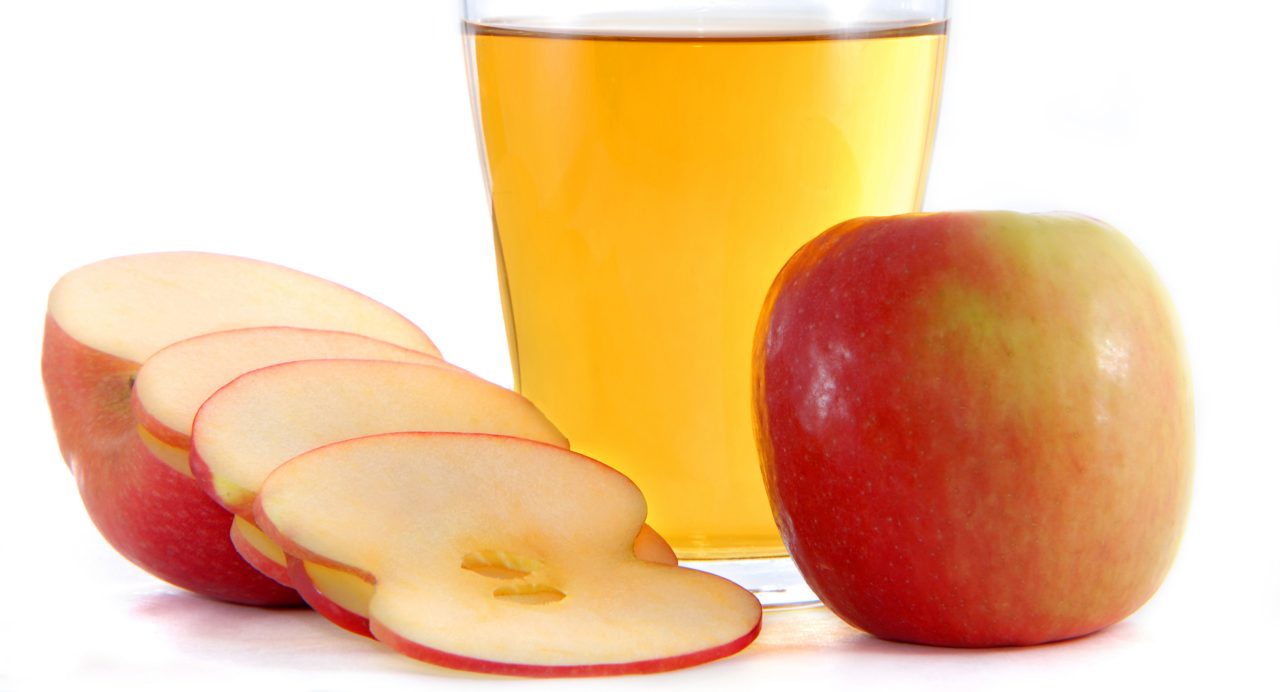The Health Benefits of Apple Cider Vinegar

This supermarket staple can help you manage blood sugar reactions to simple carbohydrates and possibly improve weight loss. Here's how you can use it.
Hippocrates, the famous doctor from Greece, used vinegar to treat wounds. Sung Tse, the 10th century creator of forensic medicine, advocated hand washing with sulfur and vinegar to avoid infection during autopsies. Americans have used vinegar to treat stomachaches and symptoms of diabetes.
Vinegar has served medicinal purposes for centuries. Today, you’ll see plenty of online advice to take apple cider vinegar pills or drink it to treat digestive problems or boost a weight loss plan. Modern mouse research has also found that it may alter your microbiome (the balance of microorganisms like bacteria in your gut) in positive ways.
YOU MIGHT ALSO LIKE: The Health Benefits of Turmeric
Health benefits of apple cider vinegar for diabetes
Although the science is limited, there’s some support for claims that vinegar can help manage your blood sugar.
Using vinegar before a meal can lessen the rise of blood sugar after you eat a starch because the acid in vinegar inhibits enzymes you use to digest starch, helping it pass through your body undigested.
You might try two to six tablespoons when you eat carbohydrate-rich meals. The effect may be as big as 20 percent, according to research by Carol Johnston, PhD, RD, of Arizona State University. You can use any vinegar, not just the kind from apple cider, if it contains at least 5 percent acetic acid. Johnston found that drinking diluted vinegar at bedtime can help keep blood sugar levels low in the morning in some people with type 2 diabetes. People with type 1 diabetes should be careful they don’t lower their blood sugar too much.
An overview of studies researching the effect of vinegar on blood sugar control concluded that it lowers immediate blood sugar reaction. Researchers, however, have not consistently found that it will manage your blood sugar levels in either people with type 2 diabetes or healthy study volunteers over time.
That said, some studies show positive results. One randomized study with 73 type 2 diabetics found that taking two tablespoons of apple cider vinegar a day for eight weeks owered average blood sugar and improve lipid profiles. A control group saw no significant change.
Will vinegar help you lose weight?
The Obesity Medicine Association does not support that strategy. One literature review found only 13 human studies evaluating apple vinegar for weight control, concluding that “there may be beneficial effects.” In a clinical trial of obese Japanese adults, people who consumed a beverage containing one or two tablespoons of apple cider vinegar every day lost two to four pounds after 12 weeks. A comparison group didn’t drink the vinegar and didn’t lose weight.
Some evidence suggests that apple cider vinegar can treat thrush, when your mouth has an overgrowth of a fungus called Candida albicans, typically the same fungus at work in a vaginal yeast infection.
How NOT to use vinegar
- You shouldn’t use vinegar on cuts or for a sore throat; it will irritate your skin.
- There’s also no science supporting claims that it helps acne or dandruff.
- Acid can dissolve warts, but not at the concentration you’ll find in a tablespoon of vinegar.
- Undiluted, it can hurt your vocal cords and esophagus.
- It also won’t prevent tooth decay. Any acidic substance will wear off your tooth enamel and make you more vulnerable to cavities.
What you can do
If you tend to eat toast on the run and get light-headed and hungry before lunch, vinegar can help. If you eat a healthy breakfast with a lower glycemic index, however, vinegar may not. For example, a study that examined the impact of vinegar on blood sugar after eating a bagel and orange juice, compared to a meal of chicken and rice, didn’t find a significant effect for people who ate chicken.
Should you crave that bagel, you can dilute your vinegar in water — one tablespoon in an 8 oz. cup — and drink it with the first bites of a meal, so it beats the starch to your intestines.
YOU MIGHT ALSO LIKE: Energy Lows: What Causes Them and How to Avoid Them
Updated:
January 30, 2024
Reviewed By:
Janet O’Dell, RN